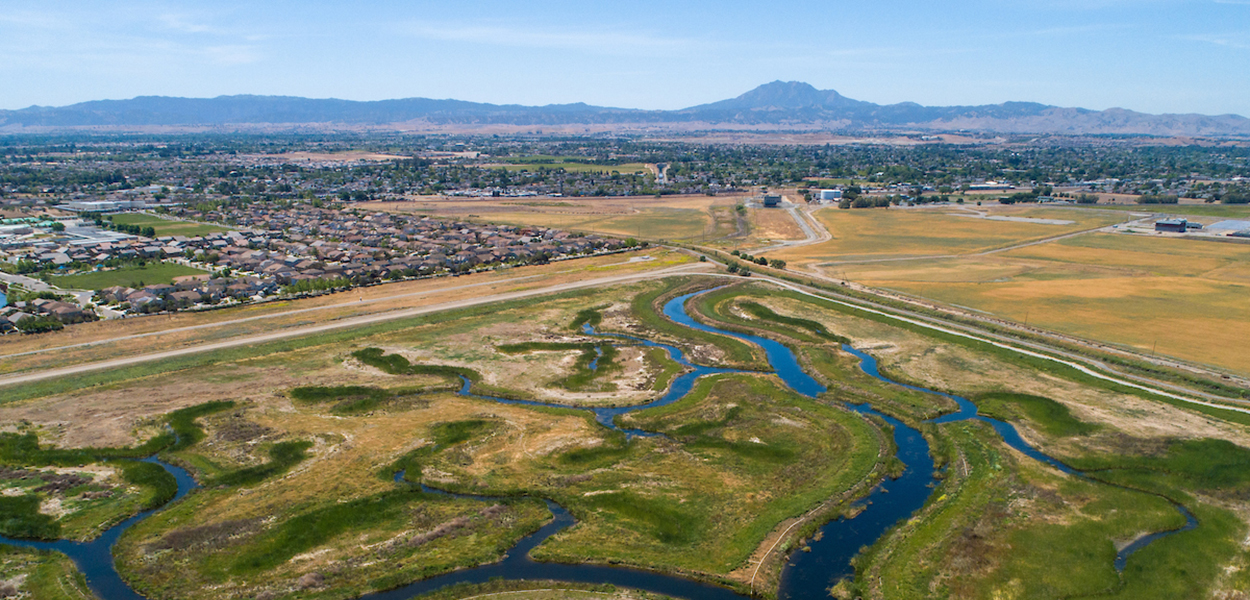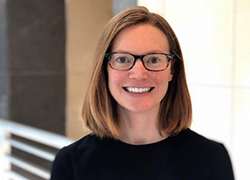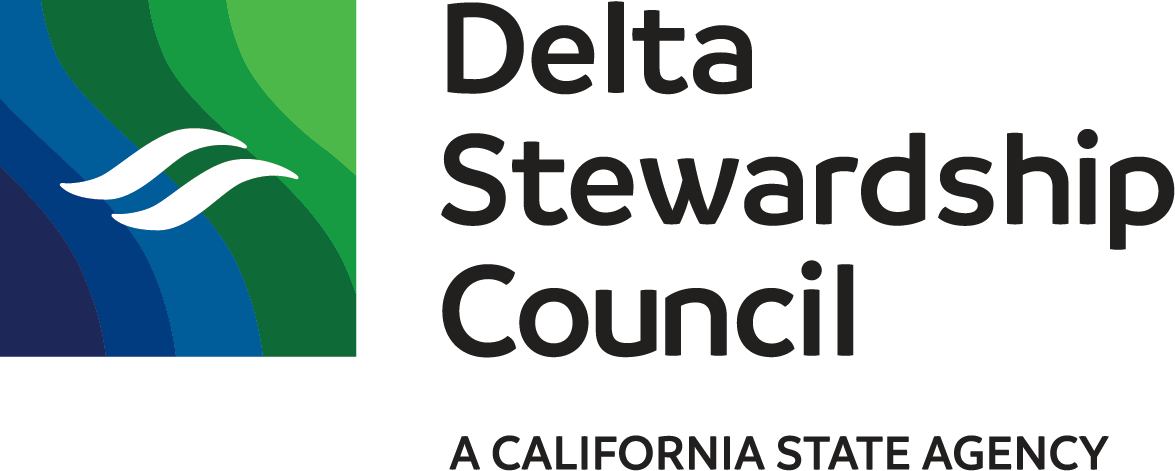
Delta Adapts: Equity Through Adaptation
June 8, 2021
By Avery Livengood
This blog is part three in a series of blogs on the Delta Adapts Initiative. Read part one “Delta Adapts: Creating a Climate Resilient Future” and part two “Delta Adapts: Assessing Climate Change Vulnerabilities” for more context.
In Executive Officer Jessica R. Pearson’s December blog on the Delta Adapts Initiative, she wrote that “anticipating and preparing for the climate crisis has always been integral to pursuing our agency’s mission” and recognized that, due to socio-economic inequities, not all communities will be impacted equally by the climate crisis. In phase one of our Delta Adapts Initiative, the Vulnerability Assessment, we sought to understand the factors driving increased climate change vulnerability and to identify the most vulnerable communities. As we move into phase two of the Initiative, the Adaptation Strategy, we seek to address this imbalance by prioritizing the concerns and input of communities that are most vulnerable to climate change.
At the Council, we are tasked with overseeing the implementation of the Delta Plan. Chapter 5 of the Delta Plan includes five core strategies, one of which is to “protect the Delta’s lands and communities.” This sentiment builds upon the Delta Reform Act, which states that “fundamental to maintaining land use in the Delta [is ensuring] the utilization and conservation of Delta resources, taking into account the social and economic needs of the people of the state.” Equitable adaptation to protect communities across socio-economic statuses in the Delta is not only our moral obligation but also our duty.
In our approach to equitable adaptation, we have prioritized centering the voices of vulnerable communities. Over the last few months, we have held a series of workshops in Stockton and West Sacramento, co-organized by community-based organizations (CBOs), community organizers, and local and regional government agencies, including the San Joaquin Area Flood Control Agency, the San Joaquin Council of Governments (SJCOG), and the City of West Sacramento. Community involvement in the development and execution of these workshops was integral. As a result, workshops were tailored for each community. The Stockton community expressed that multiple workshops (one focused on climate change risks and another focused on adaptation to flood risk) best suited their needs; the West Sacramento workshop was designed to inform both Delta Adapts and the City’s Climate Adaptation Plan update, shaped by the input of our local partners.
A few overarching themes emerged from these workshops: (1) the benefit of collaborative engagement between agencies, CBOs, and community members; (2) the necessity of accessibility – both linguistically and organizationally; and (3) the importance of elevating the voices of community organizers, especially young people, to communicate scientific findings, consequences, and possible solutions in ways that resonate with their communities.
We find this ongoing collaboration, beyond being a best practice, to be invaluable for our agency and the many partners involved. Our partners in Stockton and the San Joaquin County area include Little Manila Rising, Fathers and Families of San Joaquin, Third City Coalition, Substratum Systems, SJCOG, and Restore the Delta. Our partners in West Sacramento include Bryte and Broderick Community Action Network, Center for Land-Based Learning, Downtown Streets Team, Health Education Council, Mercy Coalition, Yolo County Children’s Alliance, the Yolo County Library, Yolo Food Bank, WALK Sacramento, West Sacramento Housing Development Corporation, and the City of West Sacramento. Through collaboration, we can identify the gaps in our knowledge, better understand the priorities and needs of impacted communities, and begin to develop strategies to fill these gaps. Of course, these conversations are only a first step, which the dedication, tenacity, and excellence of the community leaders have enabled us to take together.
Some tangible actions that we intend to take as a result of these discussion include increasing our capacity to translate materials and offer interpretation to improve collaboration with representative linguistic communities, further increasing accessibility to Council workshops by scheduling them at hours that better fit participant schedules, and choosing locations that are more convenient for community members. We will also coordinate with other State agencies and with local governments to address related topics at one common time and place. The voices of Delta residents are integral to climate adaptation, and we will act to incorporate feedback that we have received thus far and to ensure that lines of communication remain open.
If you would like to contribute to the ongoing development of our Adaptation Strategy, please email us at climatechange@deltacouncil.ca.gov.
About the Author

Avery Livengood, AICP, CFM is an environmental program manager at the Delta Stewardship Council, where she works on updating and implementing the Delta Plan. Previously, Avery was an environmental planner at the Philadelphia Water Department, where she supported the agency’s Climate Change Adaptation Program and implementation of Green City, Clean Waters, a long-range plan to improve water quality using green stormwater infrastructure. Avery is a graduate of UC Berkeley, and holds a Master of City & Regional Planning from UNC Chapel Hill and a Master of Environmental Management from Duke University.

